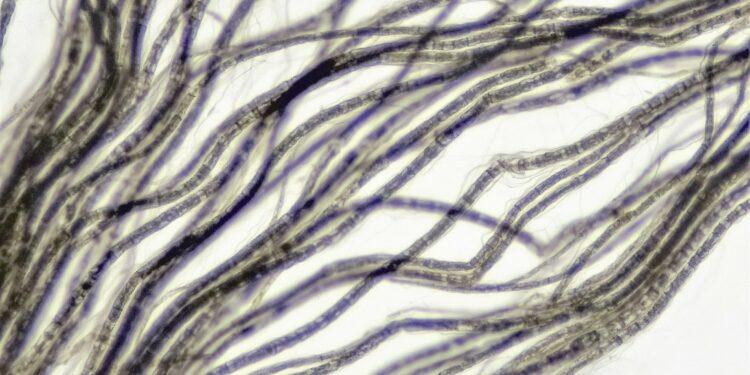Groundbreaking Discovery Transforms Human Pregnancy Care
Researchers are leveraging horses to gain a deeper understanding of human miscarriages due to the parallels between equine and human pregnancies. Female horses, much like humans, undergo lengthy gestations and develop embryos at comparable rates. A study led by Mandi de Mestre, an equine medicine professor at Cornell University, has revealed that a notable portion of early miscarriages in horses is linked to a chromosomal anomaly known as triploidy.
Triploidy, characterized by an extra set of chromosomes, can lead to complications that result in pregnancy loss. Although this condition has been rarely documented in mammals other than humans during early embryonic stages, horses present a valuable model for studying early pregnancy loss in humans. The research found that almost 42% of horse miscarriages occurring within the first two months were associated with triploidy.
The study, published in the Proceedings of the National Academy of Sciences, examined 256 samples from horses with pregnancy failures over a decade. The results indicated that chromosomal abnormalities were present in a significant portion of early pregnancy losses: 57.9% before 55 days of gestation and 57.2% between days 56 and 110. Conversely, only 1.4% of losses occurring after day 110 were linked to chromosomal errors.
Furthermore, the study identified that aneuploidy—an irregular number of chromosomes—was related to miscarriages in the initial ten weeks, whereas more complex chromosomal anomalies, such as deletions or duplications, were observed in later-stage miscarriages. These patterns reflect those found in human miscarriages, which are often difficult to study due to their occurrence frequently outside clinical settings.
Using horses as a research model offers a distinct benefit because their pregnancies are closely monitored by their owners, yielding valuable data. This research not only improves the understanding of pregnancy loss in horses but also holds potential implications for human medicine, possibly enhancing management strategies for early pregnancy losses in both species.

































Discussion about this post